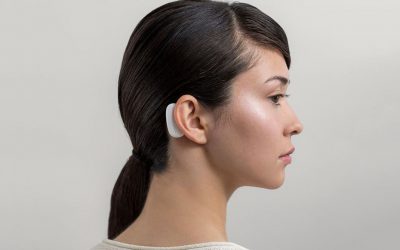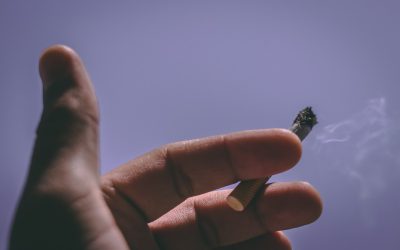Laboratory of
Medical Psychology
and Addiction
Laboratory of
Medical Psychology
and Addiction
Presentation
The Laboratory of Medical Psychology and Addictology is a research unit attached to the Medicine Faculty of the ULB, but located in the premises of the Institute of Psychiatry and Medical Psychology CHU Brugmann, which greatly facilitates the interactions between clinical and research teams.
Historically, its main activities were oriented towards alcoholism and public health programs.
Today, he leads from the front of structured research in several areas:
The addiction is one of its strengths. The activity centered initially on alcoholism, was gradually extended to the problems of tobacco, cannabis, “hard drugs” and, more recently, behavioral addictions (gambling, addiction, etc ….). Today, we turn to the study of addictive behaviors using modern analytical techniques of brain function : cognitive evoked potentials, functional magnetic resonance, eye tracking, polygraphy.
A second main research involves the pathophysiology of sleep. In particular, we focus on the relationship between sleep quality, sleepiness and fatigue.
We are involved in long-term cooperation activities concerning mental health programs. As such, we have taken action in Vietnam, Cambodia, Tunisia, and now in Congo. Currently, a collaboration between our laboratory and the University of Monastir, Tunisia aims to test the interest of the use of neurostimulation techniques in the context of the cessation of smoking.
News
How neuroscience can lead to better understanding of politics in our democracies?
Decisions on matters affecting the group by a member of that group (e.g., decisions on a political choice) engage a mix of cognitive and emotion-based resources. Political decision-making involves rationality, but also empathy, intuition, compassion, morality and...
Neuralink ou l’art de connecter le cerveau à l’ordinateur pour traiter les pathologies neurologiques (et psychiatriques?)
Beaucoup en ont rêvé, le génial entrepreneur Elon Musk la fait. Modifier le cerveau à l'aide d'électrodes directement implantées dans la matière grise, le tout géré par un microprocesseur discrètement placé derrière l'oreille et commandé via son portable. L'homme de...
Les excès de jeu: le rôle critique de la la prise de décision basée sur un modèle
Une collaboration inter-universitaire entre l’ULB, Princetown University, McGill University, L’Université de Poitiers et de Berlin met en évidence des déficits de la prise de décision chez les joueurs en difficultés.
L’arrêt tabagique à Monastir (Tunisie): notre laboratoire collabore à un projet novateur
Grâce au soutien du WBI accordé aux Pr Gaha (Université de Monastir) et Noël (ULB), nous testons un protocole de recherche portant sur l’arrêt tabagique à Monastir, Tunisie.




